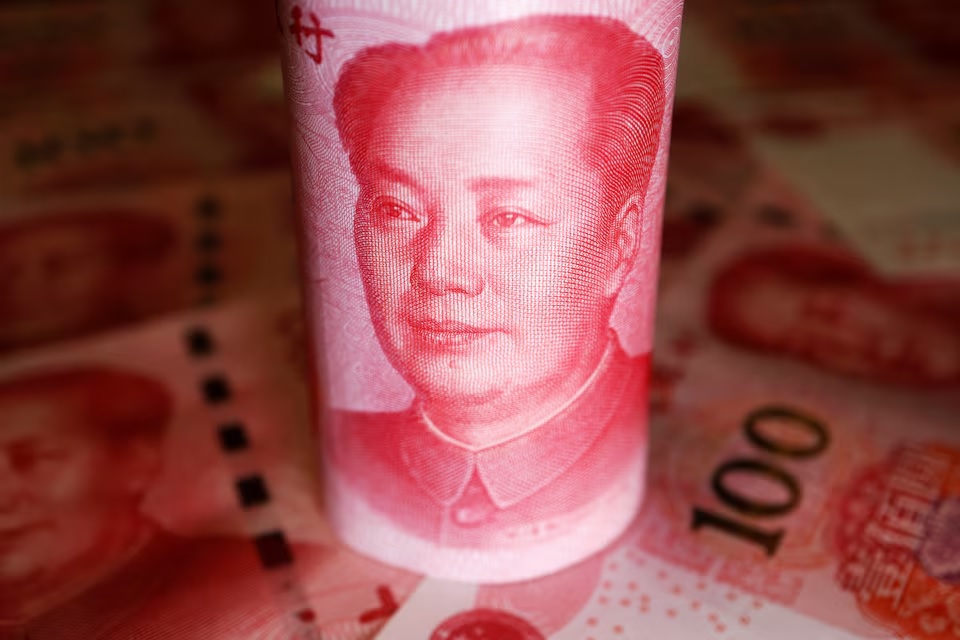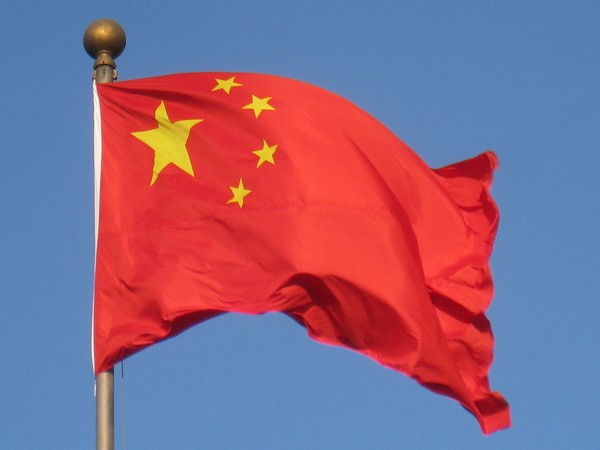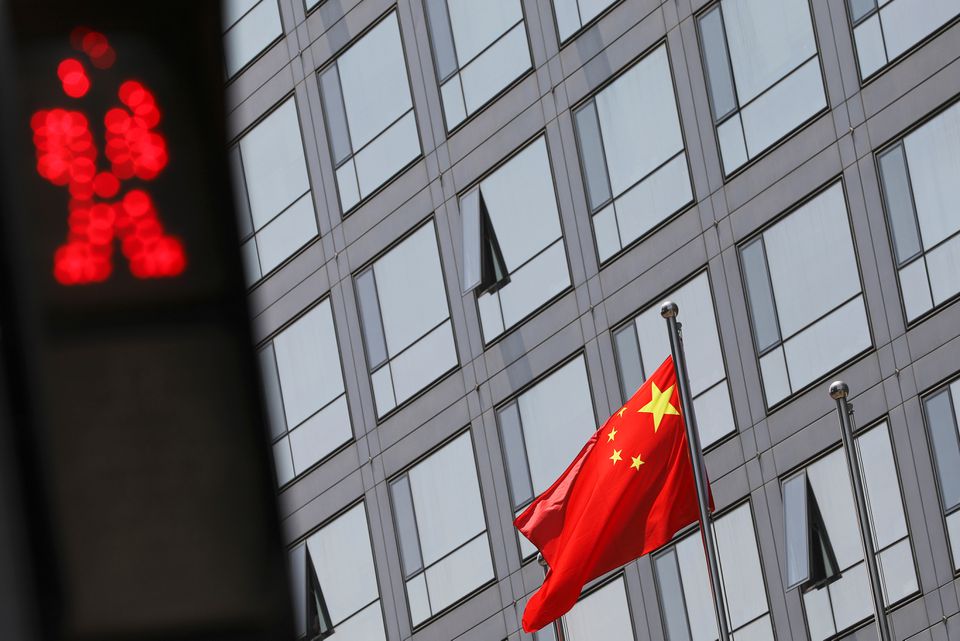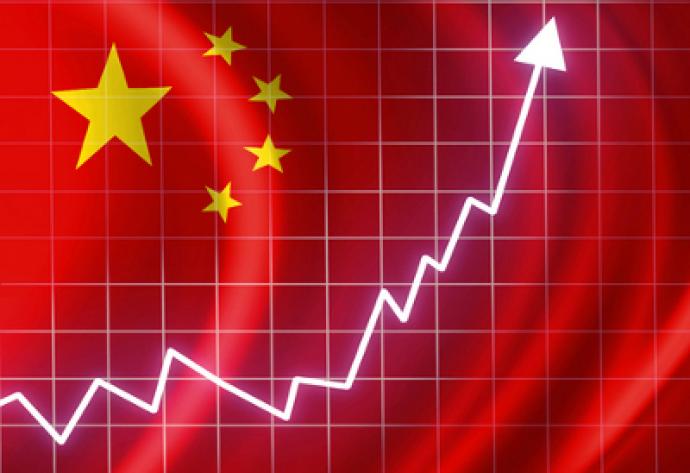
SHANGHAI, CHINA: China’s yuan declined to a four-month low against the dollar on Friday on expectations of monetary easing, breaching a key threshold and prompting state-owned banks to step in to defend the currency. In the spot market, the onshore yuan fell to the weak side of the psychologically important 7.2 per dollar level in […]






